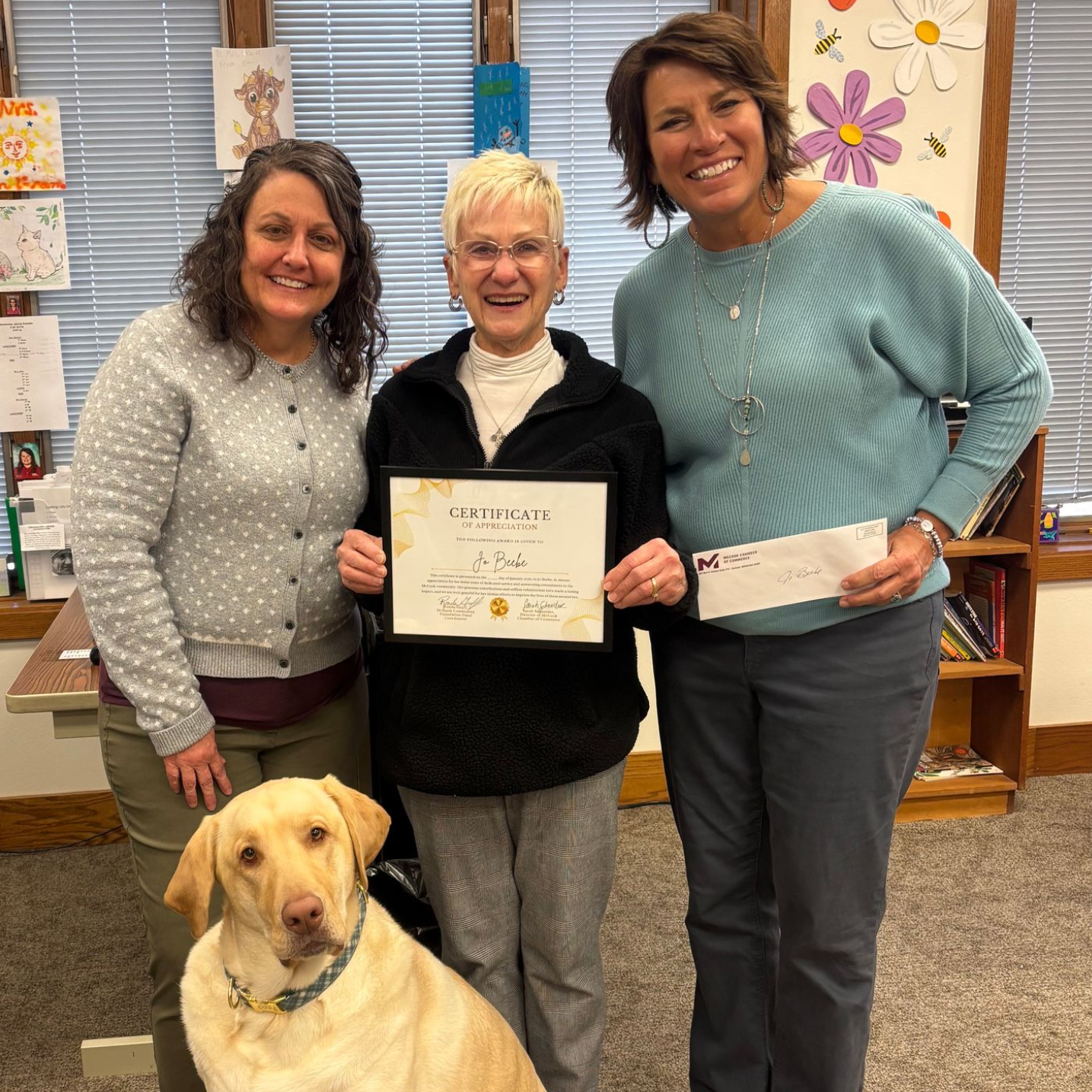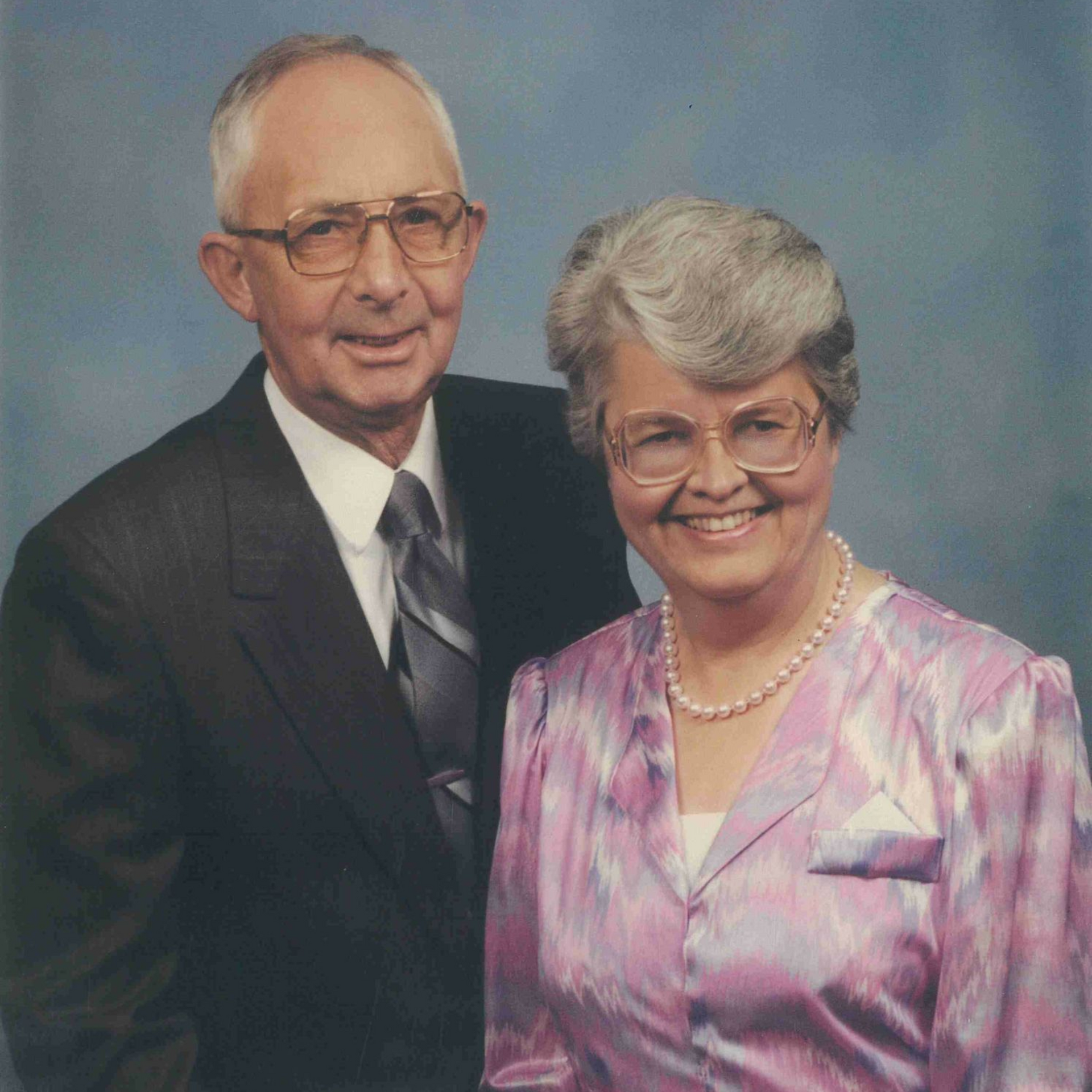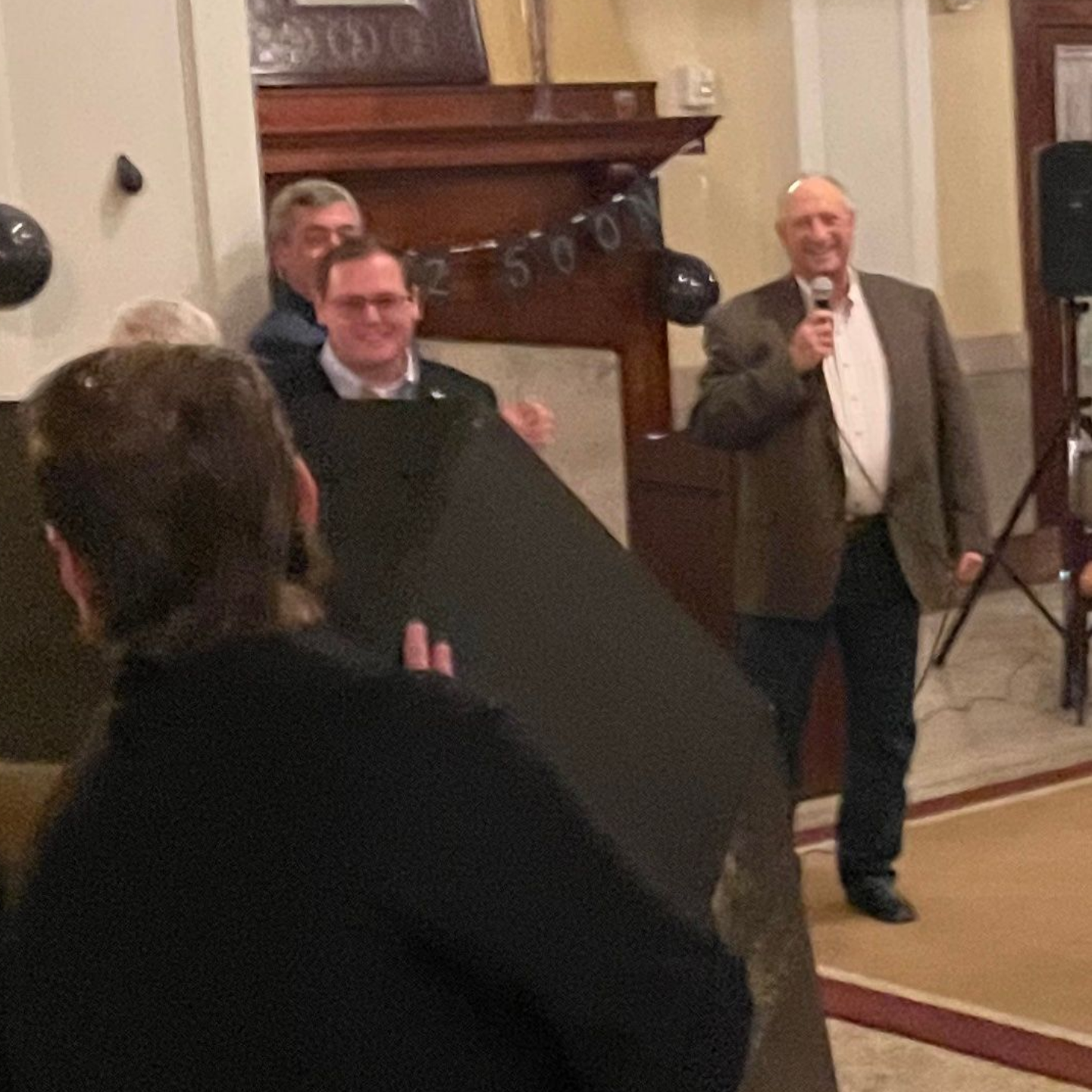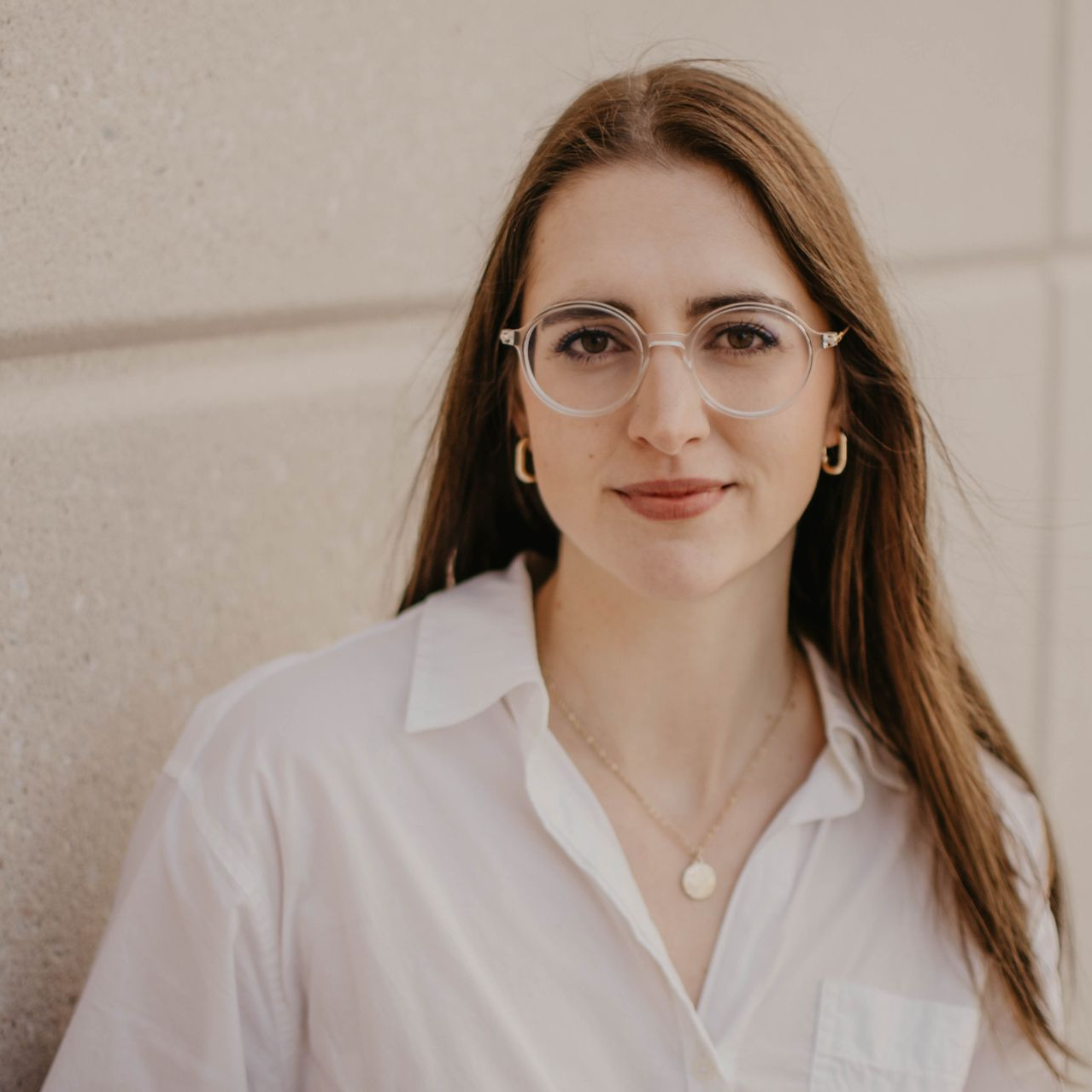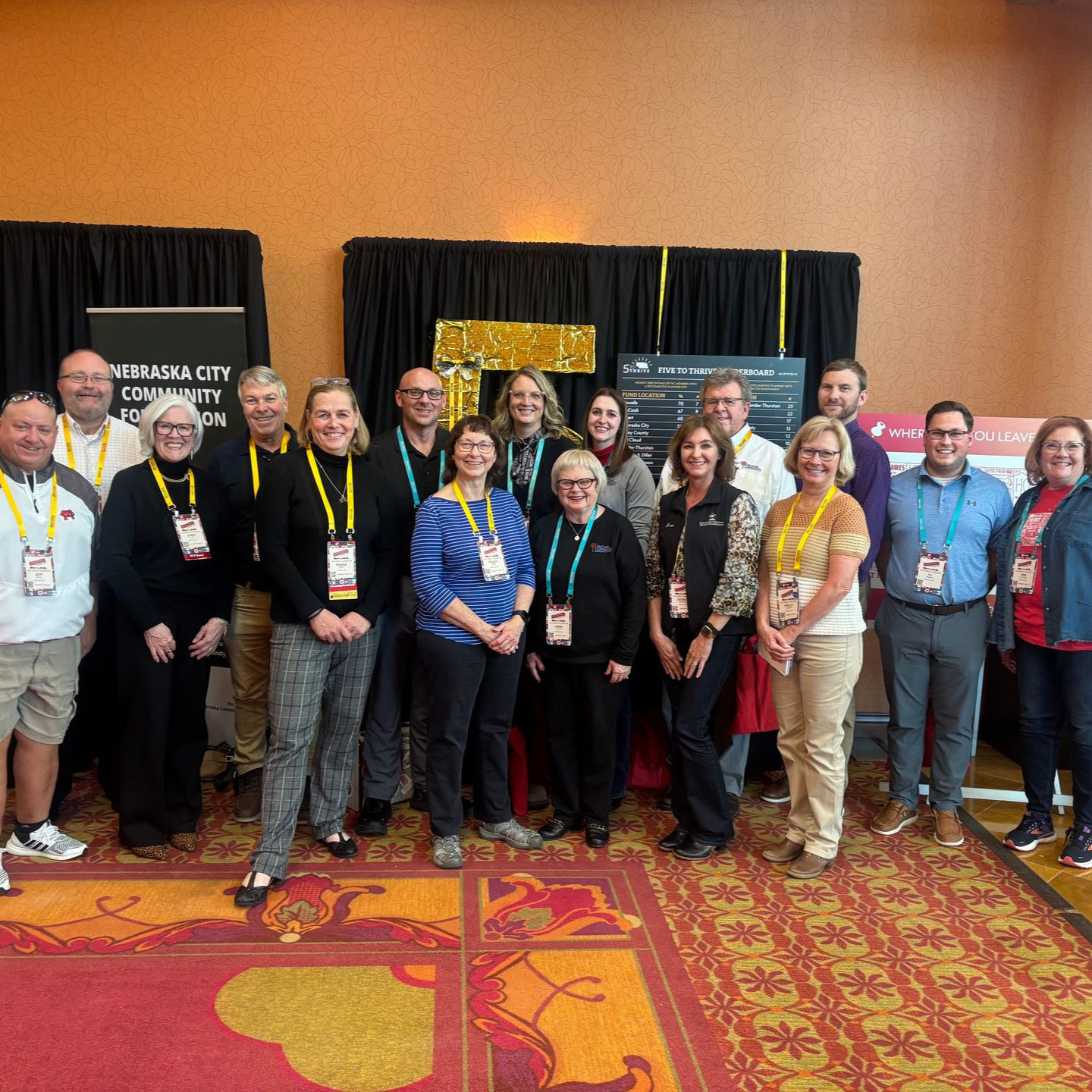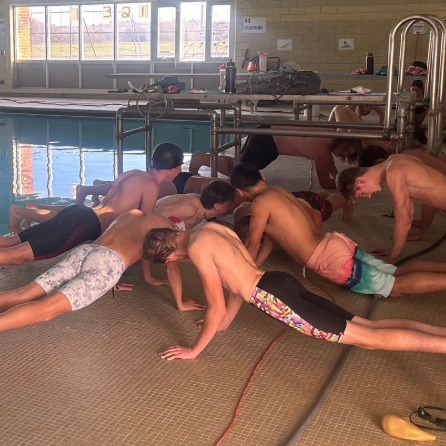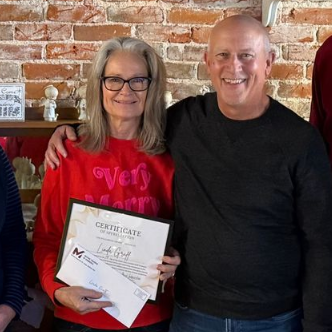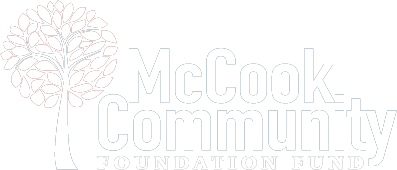“No” is usually one of the first words we learn and speak as a young child. We used the word “no” to
assert our authority to our parents, usually to no avail. We used the word “no” to avoid something we
didn’t want to eat, sometimes effectively. And we used the word “no” when it was something we didn’t
want to do like go to bed or take a nap, something I can’t even fathom at this point in my life.
Over the years, the word “no” can take on different uses and is again used in different circumstances.
For example, we can use the word “no” about the way we think. When we have negative internal
thoughts, we should consider just saying “no” in our brain. Would we say those same thoughts to
someone else, yet we easily say them about ourselves? This is a perfect time to say “no, I’m not going to
say those things about myself.” It’s called positive thinking for a reason.
We should also consider using the word “no” when deciding whether to share gossip or rumors about
someone else. Again, it is very easy to ask yourself whether you would want someone else sharing
information about you. If the answer is “no,” then we should stop in our tracks.
If we stop for a moment and consider how that person will be affected by this information, the
conversation will usually come to a halt. It is the Golden Rule: treat others like we would want to be
treated.
And the same theory applies to distributing information that may be truthful in your eyes, but which you
may not have all the facts. Do you have both sides of the story? Is your understanding of the situation a
mile wide but an inch deep? Have you spent time researching the concept or just copied content from a
random source? While this may seem tedious, this is how a caring, thoughtful society functions.
Ultimately, we simply need to remember that not all things need to be spoken or shared with others. We
need to stop and evaluate whether what information we are about to share will help or hurt the situation
or the person involved.
One good way to use the word “no” is when applying it to the Rotary’s Four-Way Test. You do not have to
be a Rotarian to follow or believe in these concepts. (And if you’d like more information about becoming a
Rotarian, please let me know.)
For those who don’t know the four questions, they are as follows: Is it the truth?
Is it fair to all concerned?
Will it build goodwill and better friendships?
Will it be beneficial to all concerned?
If you can’t answer yes to all four questions about an issue, about a piece of information, about sharing a
thought or idea, then you need to consider keeping it to yourself.
By the way, there is a non-official fifth question to the four-way test: is it fun? Many of us in the McCook
Rotary Club add that to the list of questions but we aren’t ready to ask the century-old organization to
change it primary mandate just yet.
So when you hear an idea that is negative, consider whether you should pass it along if it will do no good
for our friends and family. If someone is complaining without making any effective change, try to find an
outlet, like the actual source, to make a difference. And if you are passing along a rumor for the sake of
entertainment, think about how you would feel if it that was you or a family member.
The thought of using the word “no” more often popped into my head as I thought about how we talk and
feel about our community. We don’t have to be “Pollyannaish," which is someone who is excessively
optimistic, like the character Pollyanna from the novel by Eleanor H. Porter. But we need to be more
optimistic about the place we call home. We need to feel good about the place where we raise our
children. We need to speak and share ideas that make us want to make our communities even better
places to call home.
